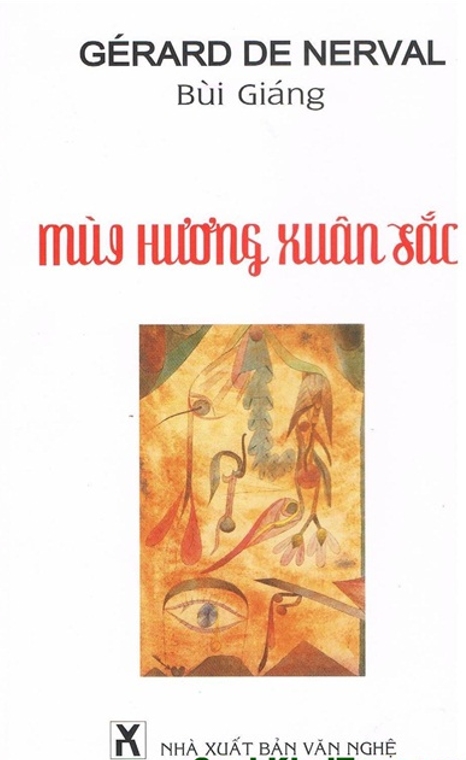What do you think?
Rate this book


93 pages, Paperback
First published January 1, 1853
"I went to bed but found no rest; and as I lay there between sleeping and waking, memories of my childhood thronged about me. In this state, where the mind still resists the fantastic combinations of dreams, the important happenings of a long period of one’s life often crowd themselves into a few moments."
These places, full of precious memories for me, awakened only a mild interest in Aurelia, and even when I took her to the green lawn in front of the château near Orry, where I had first seen Adrienne, she was unmoved. So I told her how my love had been awakened by that slender figure bathed in mist and moonlight, and how, since then, that love had lived only in my dreams, now to be realized in her. She was gravely attentive, and when I had finished speaking she said, ‘You don’t love me at all! You’re only waiting for me to tell you that the actress and the nun are the same person. All you want is a drama, and the climax evades you. I’ve lost my faith in you completely!’
Forgetting that beauty and happiness are only ever incarnated in an individual person, we replace them in our minds by a conventional pattern, a sort of average of all the different faces we have ever admired, ... and thus carry about with us abstract images, which are lifeless and uninspiring...


